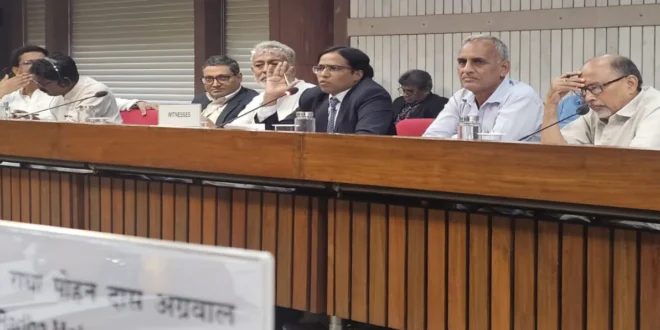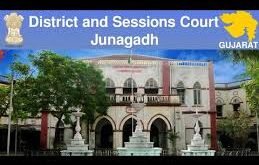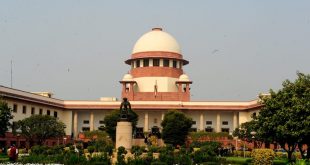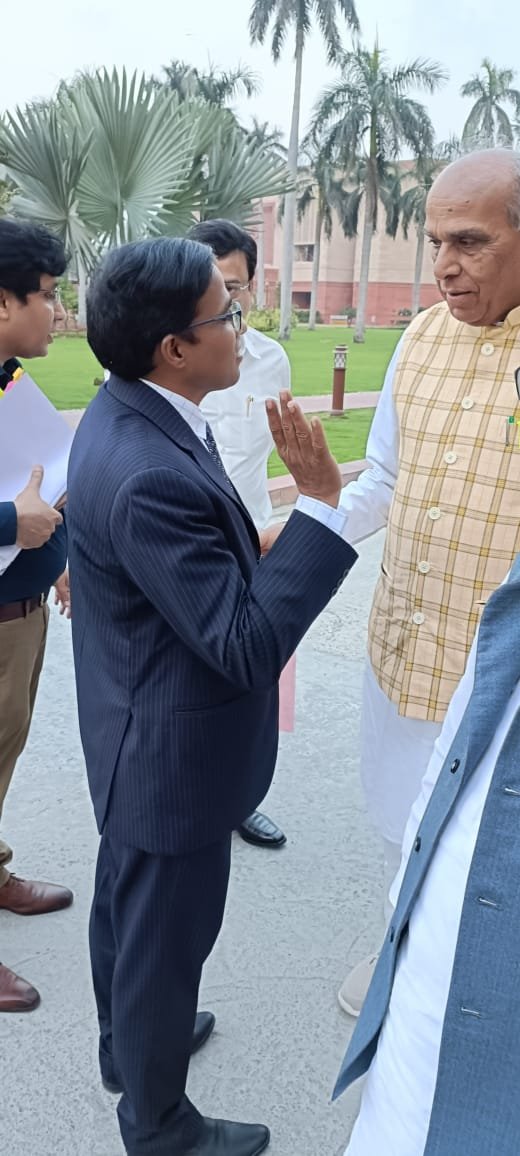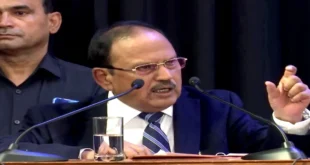Aasha Khosa
New Delhi’April 18:The Waqf Amendment Act, 2025, marks a new beginning for the Pasmanda Muslims as it was for the first time in the history of democratic India that the community’s views were sought on an issue concerning Muslims.
Dr. Faiyaz Ahmad Fyzie, the well-known Pasmanda Muslim activist, feels this was a historic change and “a ray of hope for Indi-Muslims (Pasmanda Muslims) who constitute more than 80 percent of the country’s Muslim population.”
Fyzie, a doctor, led a delegation of All India Pasmanda Muslim Mahaz (AIPMM) to the Joint Parliamentary Committee on the Waqf Amendment Bill, 2025, where he explained to the members why his organization supports it.
Narrating his experience of more than two-hour marathon interactions with the JPC members, Dr Fyzie said, “I made an oral presentation, followed by intense questioning by the members. Some opposition members asked me critical questions and were later convinced by my reasons for supporting the bill.”
He presented a 7000-word document based on his testimony and interactions with the JPC members as AIPMM’s final submission, parts of which were reflected in the JPC draft of the bill.
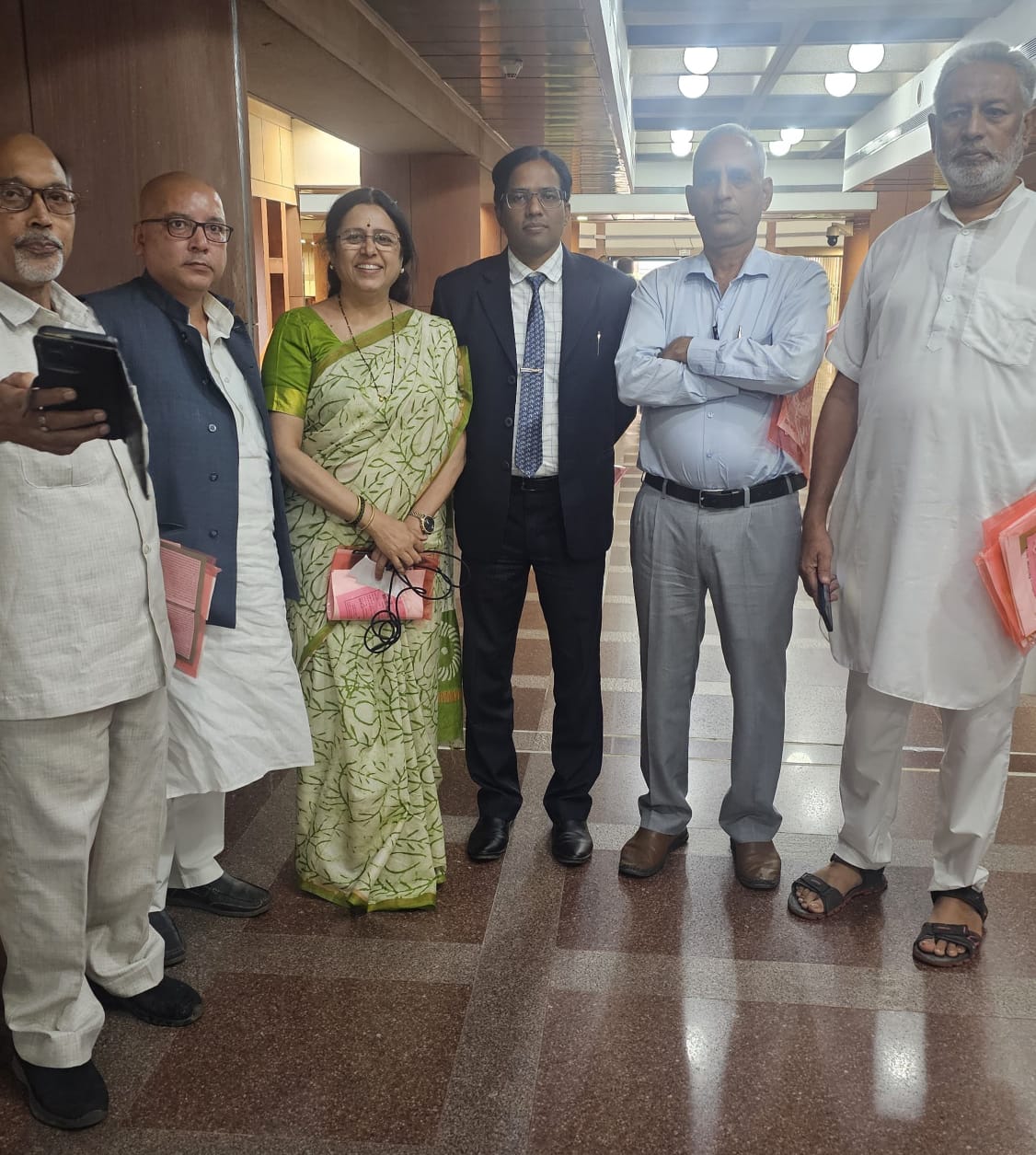 Dr. Faiyaz Ahmad Fyzie with members of the JPC on Waqf Amendment Bill, 2025
Dr. Faiyaz Ahmad Fyzie with members of the JPC on Waqf Amendment Bill, 2025
During the meeting, he said, some members were agitated and asked him probing questions.”A DMK member asked me why I raked up the issue of Pasmanda while Islam is an egalitarian religion and does not endorse caste. I asked him if the country was run by the Quran or the Constitution, and, the latter takes into cognizance of socially disadvantaged people like us.”
He says AIPMM leaders also presented their views to the JPC headed by Jagdambika Pal in Lucknow, Hyderabad, and Mumbai.
He said Jagdambika Pal appreciated his views and recently told him that the JPC had drawn any conclusions based on his testimony.
Dr. Fyzie said he felt happy to see the debates on the bill inside the Lok Sabha and Rajya Sabha. “The marathon debates in both the Houses were focused on gender and social justice for Muslims; it’s again for the first time.”
“The opposition didn’t anticipate this. Their leaders and MPs were thinking that BJP would speak ill of Muslims and hence they had prepared their speeches accordingly.The debate on the (Waqf Amendment) bill for the first time brought the issues of social and gender justice among Muslims into the public domain. “Most opposition speakers were incoherent and made irrelevant interventions; they were unprepared.”
For the community that seeks justice and equality, this is a “morale booster and a ray of hope.”
Fyzie’s other major point in support of the bill is the Quran, the holy book of Muslims. Quoting Surey Bakra (2nd Chapter of Quran), he says, it was 1500 years ago that Allah ordained any agreement between two persons must be documented in the presence of at least two eyewitnesses.
Also, he says, Islam was the first holy book and religion that made documentation for marriages compulsory through nikahnama (marriage contract).
l“By the worldly wisdom, the Prophet was not lettered and yet he emphasized (in the Quran) the importance of reading and writing. By this logic, when Islam mandates Nikahnama what is the problem in giving a waqfnama?”
He says going by the Islamic principles, opposition to this law is un-Islamic.
Fyzie alleges that the system of Waqf boards is mired in financial irregularities, encroachments – by the government and Muslims – and gross misuse; the Waqf board members, officials, and even the ruling party members are part of this clique.
Explaining it he says: If a particular Waqf property can fetch a market rent of Rs 5000 to 8000, it is rented for Rs 200 for a one-time bribe of Rs 10,000.
Dr. Fyzie says before the debate on the bill, the Pasmanda Muslims were neutral to the proposed law as they never felt attached to the Waqf. “For then Waqf was about Ashraaf and constant litigations among them.”
“All 32 waqf Boards in India are in the hands of Ashraaf Muslims (Muslims who flaunt their non-Indian roots) and the Pasmanda never thought it concerned them. They were never given to realise that the proceeds of this mammoth property are mostly meant for the poor, marginalized, widows and orphans.”
Dr. Fyzie campaigned through social media, podcasts, and writing in newspapers to make the community realize that the proposed law would give socially backward Muslims a place on the Waqf boards and a game changer. “I told them that sitting inside the Waqf boards, we can influence the policies and its Waqf management”.
He says as the debate on the bill went on for a long time before it became a law, Pasmanda understood why they should not fall for the anti-bill propaganda. “Pasmanda today support the bill and a handful of those opposed to it are doing so for political reasons”
Dr Fyzie claims most of the Waqf properties in control of people who have no papers are of Muslims who left for Pakistan in 1947. “The property should have gone to the Custodian of Evacuees Property department but to prevent it from going to the government and possibly be allotted to refugees from Pakistan, these properties were conveniently declared as waqf.”
Speaking on the clause that gives a place to Non-Muslims in the Waqf Boards, Dr Fyzie says, “These boards are now government entities and have to be run on democratic and secular principles hence there should be no problem with this clause.”
He quotes the example of Haryana and Punjab where most Muslims left for Pakistan leaving behind mosques and khanqahs which are being maintained by Hindus and Sikhs. ”If there is no problem with this arrangement what is the problem with non-Muslims being involved in managing waqf?” he asks
courtesy ATV
 Pressmediaofindia
Pressmediaofindia
